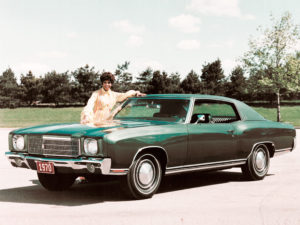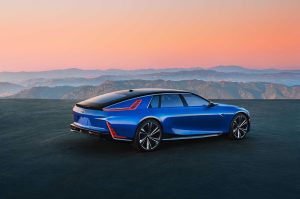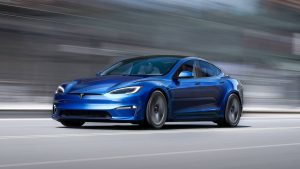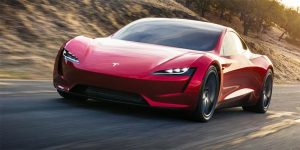It’s no secret that electric vehicles are significantly heavier than their gasoline-powered counterparts, and now the National Transportation Safety Board (NTSB) is weighing in. An official for the agency noted grave concerns about collisions and vehicle safety with electric heavyweights on the road.
Jennifer Homendy detailed the concerns in a speech at the Transportation Research Board in Washington earlier this week, according to NPR. Using the GMC Hummer as an example, she highlighted the differences between it and other cars on the road. The giant EV’s battery alone weighs as much as some small cars.

As EVs become more popular and plentiful on the roads, Homendy said she worries about the unintended consequences of the transition away from gas, including more dangerous crashes and deaths. The difference in weight between gas and electric vehicles “has a significant impact on safety for all road users,” she said.
Batteries are the primary driver of EVs’ oversized curb weights. Automakers need to please and attract customers, and the way to do that with electric vehicles is through impressive range numbers, which require heavy batteries. As technology progresses, batteries are becoming lighter and more energy-dense, which means smaller, lighter batteries now hold as much as larger units did just a few years ago. Even so, the industry has not yet cracked the mystery of solid-state batteries, which would drastically improve the weight issue.
Some observers expressed concerns about EV performance, stating that the instant and sometimes brutal acceleration can overpower drivers’ ability to control it. The Ford F-150 Lightning, for example, can reach 60 mph from a standstill in under four seconds – supercar numbers from not that long ago.
That said, the vehicles on our roads have been growing in size and weight for some time now. SUVs and trucks are immensely popular, and vehicles, in general, are larger and heavier than they were just a few years ago. Unfortunately, the NTSB doesn’t make the rules, so any changes will be up to the National Highway Traffic Safety Administration (NHTSA).








